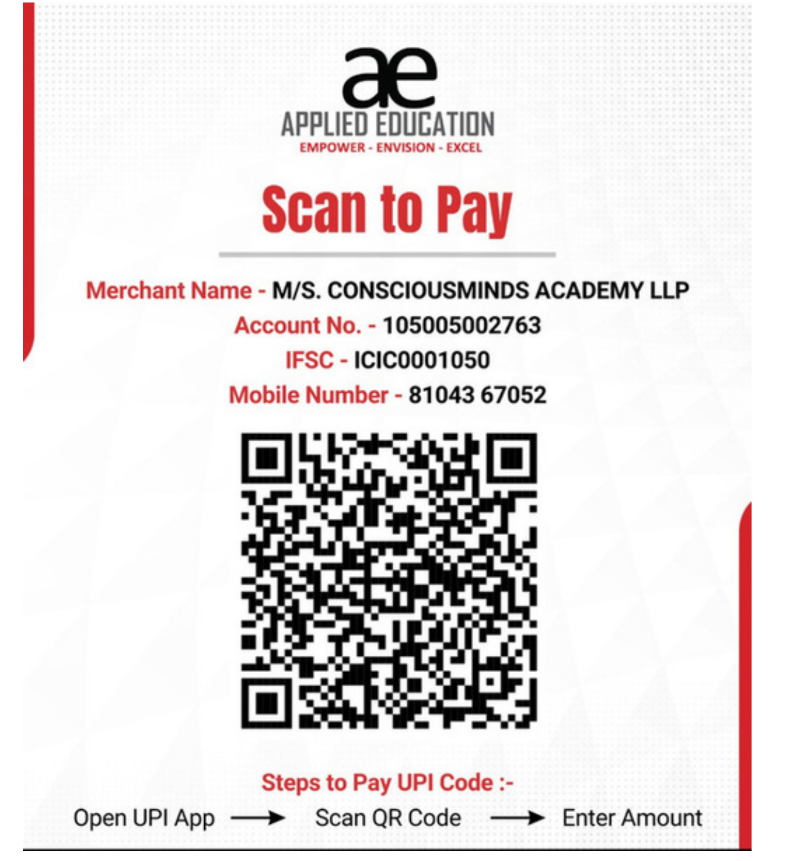Objectives
Applied Education Objectives

To provide an educational experience that transcends traditional rote learning, focusing instead on real-world applications of knowledge.

This includes a deep dive into how academic concepts are applied in everyday life, governance, and civil services, enhancing students' understanding and appreciation of their studies.

To develop students' ability to think critically, analyse complex situations, and devise innovative solutions.

This is crucial for those aspiring to civil services and leadership roles, where such skills are indispensable.

To imbue students with a strong sense of ethics and responsibility towards society.

This involves understanding the principles of democracy, governance, and public service, preparing them to be ethical leaders and informed citizens.

To inspire students to become creators, innovators, and entrepreneurs who can identify opportunities, address societal needs, and drive positive change.

This objective aligns with making them job creators rather than job seekers.

To equip students with the emotional intelligence and coping strategies necessary for personal and professional success.

Emotional stability is particularly important for those facing the rigorous demands of civil services.

To improve students' ability to communicate effectively, work collaboratively, and navigate diverse social and professional environments.

These skills are vital for success in any field, including civil services.

To specifically prepare students interested in civil services with a solid foundation in relevant subjects, including Indian Constitution, Economy, History, Geography, International Relations, Ethics, and Environment.

This includes mentorship, guidance, and exposure to the realities of public service.

To make education an engaging, enjoyable, and lifelong pursuit.

By integrating innovative teaching methods and technologies, Applied Education aims to ignite curiosity and passion for learning beyond the classroom.

To provide students with the knowledge, skills, and perspectives needed to make thoughtful decisions about their careers, education, and personal lives, with a special emphasis on understanding the role and responsibilities of civil services.

Creating Socially Conscious and Responsible Citizens: To develop individuals who are not only well-informed about the world around them but also committed to contributing positively to society.

This includes understanding global issues, national challenges, and the importance of sustainable development.
